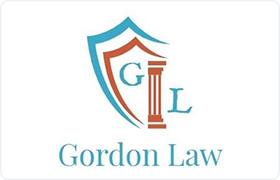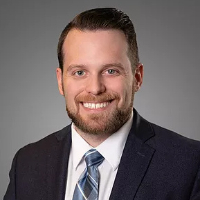High Shoals Juvenile Law Lawyer, North Carolina
Sponsored Law Firm
-
 x
x

Click For More Info:
-
The Law Offices of Andrew L. Gordon, PLLC.
725 E. Trade Street Suite 205 Charlotte, NC 28202» view mapCriminal Defense Law Fighting For Your Rights
Everyone knows that the law is not a simple topic. But when you meet with a Gordon Law attorney, the confusion will clear up before you know it.
800-941-2360
Blair Macfarland Pettis
Juvenile Law, Social Security, Family Law, Criminal
Status: Suspended Licensed: 17 Years
David M. Schweppe
Juvenile Law, Family Law, Criminal, Civil & Human Rights
Status: In Good Standing Licensed: 27 Years
Loann S. Meekins
Juvenile Law, Wrongful Termination, Criminal, Workers' Compensation
Status: In Good Standing Licensed: 36 Years
Elizabeth Ashley Baker
Civil & Human Rights, Criminal, Employment Discrimination, Juvenile Law
Status: In Good Standing Licensed: 12 Years
David Lamonte Hitchens
Traffic, Divorce & Family Law, Juvenile Law, Criminal
Status: In Good Standing Licensed: 21 Years
 Andrew Gordon Charlotte, NC
Andrew Gordon Charlotte, NC Practice AreasExpertise
Practice AreasExpertise
